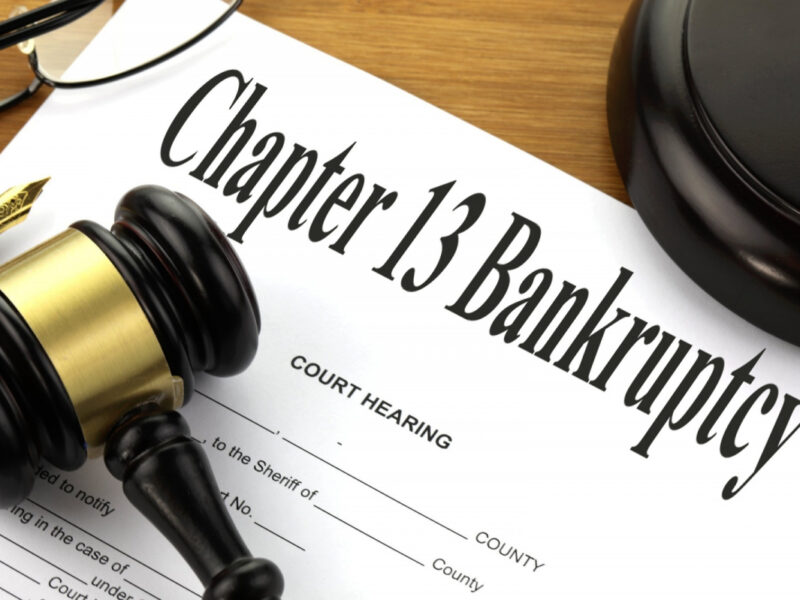2. Do not use your credit cards after you have decided to file for bankruptcy. It is illegal for you to incur debt that you do not intend to repay. Your creditor may object to those charges being discharged – in which case – you will be responsible for repaying those charges.
3. Do not transfer your property to someone else. A fraudulent transfer or a transfer made to trick your creditors will be overturned by the trustee. Once discovered, the transferred asset will be sold and the proceeds will be distributed to your creditors. Make sure that you understand the real and personal property exemptions that are set out in the Bankruptcy Code. The asset that you are trying to hide may be protected by an exemption.
4. Do not repay money owed to your relatives. Paying money to take care of a debt owed to a relative may be deemed as a voidable preference payment. The trustee will recover those monies and distribute them to your creditors.
5. Do not take cash out your 401K or other retirement plan(s) to pay creditors. Again, most retirement funds and plans are protected by one of the exemptions set forth in the Bankruptcy Code. In addition to losing an exempt asset, you may also create an income tax liability that will be treated as a priority debt that will not be dischargeable.
6. Do not take out any mortgages on your home to soak up any equity that you have in your house. This problem is not as prevalent today because of the real estate crisis and the devaluation of most real estate. But, if you have equity in your house make sure that you check out the homestead exemption applicable to your situation. By law, you are entitled to exempt up to $20,200 of the value (or equity) in your home. If you are married and file a joint bankruptcy, your exempt amount increases to $40,400. For example: If you are married and your house is worth $100,000 and you owe $60,000 on a mortgage – you will be able to exempt the $40,000 in equity on your house and protect that from your creditors.
If you have any questions about Bankruptcy in Michigan, call Attorney Mike Shovan with the Bay Area Bankruptcy Clinic at (877) 233-9389.
Michael J Shovan PLC is a debt relief agency and we help people file for bankruptcy under the laws of the United States Constitution, Article 1, Section 8.
This post is for informational purposes only and is not intended to constitute legal advice. Any relationship with this firm will be established by a written agreement signed by both you and me. If you have read this far, you need to call me at (877) 233-9389 or email me at mike@mikeshovan.com.
